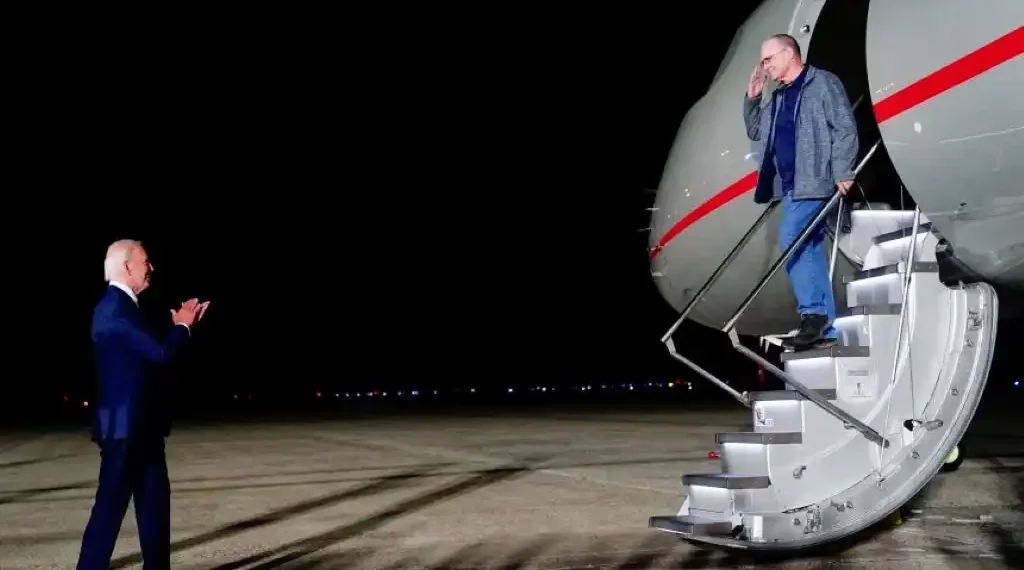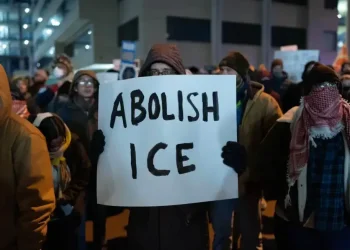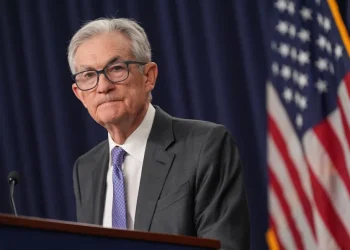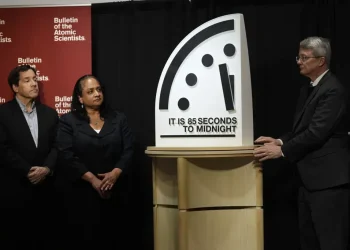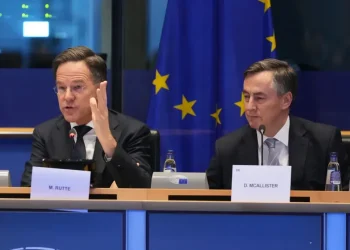Paul Whelan reflects on rebuilding life after Russian imprisonment
August 1, 2025, 14:00 ET
Former U.S. Marine Paul Whelan is still adjusting to life back home in Michigan, one year after being released from a Russian prison where he spent nearly six years. From financial hardship to emotional trauma, Whelan’s post-detention journey reveals the long-lasting impacts of wrongful imprisonment—and the gaps in government support for returning hostages.
Returning to an unfamiliar home
Paul Whelan was arrested in Moscow in 2018 during a visit for a friend’s wedding and later convicted on espionage charges that the U.S. government has long disputed. His release in a high-profile prisoner swap with Russia in 2024 brought global attention—but reintegration into everyday American life has not been easy.
“You’re literally starting over,” Whelan told CNN in a recent interview. “For people like me who have come home after five-and-a-half years, we really don’t have very much. House is gone. Cars are gone. Employment’s gone. No health insurance.”
Whelan, now back in Michigan, has found the transition difficult, both mentally and physically. He’s faced unexpected challenges, such as new seasonal allergies and PTSD symptoms triggered by hotel rooms—reminders of his violent 2018 arrest.
“It took a little bit of time for me to kind of feel comfortable driving down the same streets that I used to or going to a park,” Whelan said, recalling memories with his late dog who passed away while he was incarcerated.
Struggling to find work after wrongful imprisonment
Despite public recognition of his wrongful detention, Whelan said the stigma of having been in prison lingers in the job market. Some employers remain hesitant to hire someone with such a long résumé gap—even when the circumstances are well known.
“Most people understand the wrongful detention issue,” he explained. “They don’t know what to do with it. It doesn’t necessarily fit into their policies or procedures.”
Whelan continues to search for employment while advocating for legislative support to assist other Americans returning from wrongful detentions abroad.
Working to strengthen post-release support
Whelan is now collaborating with Democratic Representatives Debbie Dingell and Haley Stevens of Michigan on a bill that would provide long-term support for former hostages. The legislation aims to fully fund the Robert Levinson Hostage Recovery and Hostage-Taking Accountability Act, commonly known as the Levinson Act.
Passed in 2020, the Levinson Act codified U.S. hostage policy and established the role of the Special Envoy for Hostage Affairs. However, many of the law’s provisions, including funding for medical, dental, and mental health services, remain unfulfilled.
“Congresswoman Dingell has worked closely with Paul Whelan to understand and address the challenges that political prisoners face when they return home,” Dingell’s deputy chief of staff Michaela Johnson told CNN. “One of these is ensuring they have the medical treatment and mental health resources they need to recover from their traumatic experience.”
Johnson added that Dingell is currently developing legislation based on Whelan’s lived experience to ensure future detainees receive adequate care and support upon their return.
Maintaining ties with former inmates
Whelan said he continues to communicate with former inmates from the Russian penal colony IK-17, where he spent much of his imprisonment. The facility, located in Mordovia, has since been closed and reportedly repurposed to house Ukrainian prisoners of war.
According to Whelan, the conditions in Russian prisons have worsened amid economic difficulties. “The food is worse than what we had. Russia is having a tremendous problem with the economy. The prison guards aren’t happy. There aren’t enough guards to go around,” he said.
Foreign prisoners are reportedly being pressured to fight in Ukraine as a condition of early release—an unverified claim that reflects growing concern about Russia’s wartime recruitment tactics.
Bonding with fellow former detainees
Whelan is also in contact with other Americans who were part of the same U.S.-Russia prisoner exchange. Among them are Wall Street Journal journalist Evan Gershkovich, Russian-American reporter Alsu Kurmasheva, and Putin critic and U.S. permanent resident Vladimir Kara-Murza.
Whelan described the unique connection shared among those who have endured wrongful detentions abroad, likening it to “the Island of Misfit Toys” from the classic Christmas film Rudolph the Red-Nosed Reindeer.
“It’s a unique club of people from all different backgrounds… we have shared experiences,” he said.
Marking a year of freedom
As he approaches the one-year anniversary of his release, Whelan has no plans for a grand celebration. Instead, he says he’ll reflect quietly—with a nod to personal traditions.
“There’s a special bottle of scotch that I have that I’ll probably open, and I think I’ve got a box of cigars sitting around,” he said.
Despite his ongoing challenges, Whelan remains hopeful that his experience can help shape policy and build better systems of care for those who return home after enduring wrongful detention.
This article was rewritten by JournosNews.com based on verified reporting from trusted sources. The content has been independently reviewed, fact-checked, and edited for accuracy, neutrality, tone, and global readability in accordance with Google News and AdSense standards.
All opinions, quotes, or statements from contributors, experts, or sourced organizations do not necessarily reflect the views of JournosNews.com. JournosNews.com maintains full editorial independence from any external funders, sponsors, or organizations.
Stay informed with JournosNews.com — your trusted source for verified global reporting and in-depth analysis. Follow us on Google News, BlueSky, and X for real-time updates.
